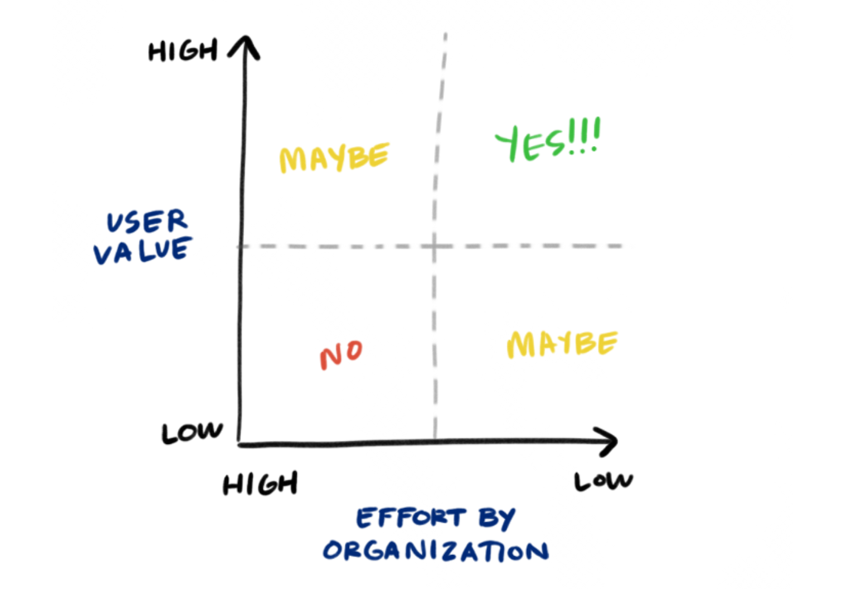Devyani Yadav from Haryana has secured the top rank of 11 in UPSC Civil Services Examination 2020. This was her 5th attempt and in her earlier attempt the year before, she had secured an all India rank of 223. She is currently undergoing training at the National Academy of Audit and Accounts, Shimla, as she prepared to take the next step in her journey.
AIR-11 Devyani's Strategy To Cracking UPSC CSE
Sources
Devyani like many toppers before her is a firm believer in minimum sources, maximum revision strategy.
Her sources are as follows –
- Ancient and Medieval History – 11 and 12 NCERT Books and Tamil Nadu Board Class 11 Book
- Modern History – Spectrum
- World History – Vision IAS Booklet
- Geography – 11 and 12 NCERTs and G.C. Leong
- Polity – M. Laxmikanth
- Economy – Sriram IAS Notes Booklet
- Environment – Shankar IAS Notes Booklet
- Current Affairs – Vision IAS Monthly compilation, PT 365 compilation and daily newspaper
Prelims Strategy
Devyani concentrates on multiple revisions for UPSC Prelims. She ensured she took as many mock tests as she could to determine her strengths and weaknesses. Prelims over the years have become very unpredictable and require a fair amount of informed guesswork. By solving mock tests, she honed that particular skill. She also realised that she needs to solve roughly 85-90 questions to secure a safe score in her paper, which she ensured she did in the actual examination as well. She also recommends solving at least 12 years of UPSC past year's papers as it not only helps determine which portions UPSC emphasizes but also oftentimes, questions are repeated.

Mains Strategy
For mains, she still kept to limited sources, only adding on information for topics not covered for prelims. She made diligent notes. For each word or topic mentioned in the UPSC Syllabus, Devyani ensured she had a 200 to 250 words qualitative note with her. This helped her frame any answer for any question asked related to this topic. She also advises aspirants to take up at least one mains test series in the time between their prelims and mains attempt. This is important to ensure that one is expressing the answers as well as they have read and understood them.
Make Clever Choices
Based on the recent year's trends, some topics find more prominence in UPSC prelims as well as mains. For example, in recent years, World History related questions have taken a back seat. So, if an aspirant spends too much time in the detailed study of such a huge topic, they lose valuable time which they could use to study topics that UPSC repeatedly asks each year. However, no topic should be completely ignored. For example, aspirants tend to not concentrate on philosophical essay topics, but it might as well be that in a particular year, those are the more scoring choices on the Essay paper. So make your choices wisely when deciding what to skip and what to double down on. Devyani wishes every aspirant the very best and reminds them that if she can achieve her dreams despite the many failures by simply not giving up, so can you.
Best of Luck.
© IASEXAMPORTAL
CLICK HERE TO DOWNLOAD UPSC TOPPERS NOTES